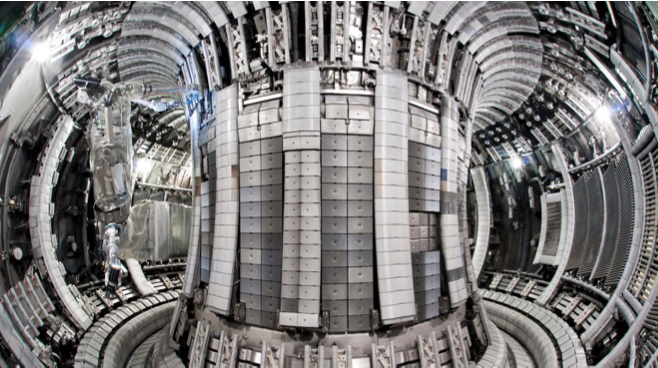
The Future Innovation of Fusion Energy is Being Fueled by Private Startups
The power of the energy technology startups is becoming clearer and more important for a future that commercializes fusion energy. There are approximately 55 nuclear startups with a total of $1.6 billion in funding. There are three major players in that community researching fusion energy: Tri Alpha Energy, Helion Energy, and General Fusion.
According to Science magazine, Ray Rothrock invested a substantial amount of capital into Tri Alpha Energy. Tri Alpha has financial support from Microsoft co-founder Paul Allen, Goldman Sachs, and the prominent Russian nanotech company Rusnano.
Helion Energy, another fusion energy startup, is building a magnet-based fusion reactor. Helion Energy has a goal for developing a fusion reactor within the next three years that produces more energy than it consumes. Helion Energy’s fusion energy advancements uses pulses of energy in its working model, which doesn’t require a maintenance of high temperatures and high accelerations over a long period of time.
General Fusion claims financial support of $100 million dollars, which comes from prominent Canadian venture capitalists, Amazon founder Jeff Bezos, and the Canadian government, in pursuit of the full commercialization of fusion energy. In addition to a substantial level of financial support, General Fusion has partnered with the Plasma Physics Laboratory at the University of Saskatchewan to focus in nuclear fusion:
Private financing for fusion energy startups is a clear sign that some investors have faith in the technology, and that it can potentially be the key to tackling the climate and energy issues of this century. The startups could play an important role in the road to commercialized fusion energy. They provide a quicker and more efficient route to achieving fusion energy that focuses on developing innovative ideas, while avoiding some of the problems of government funding that often slows down innovation and development.






Helion Energy uses a field reversed configuration.